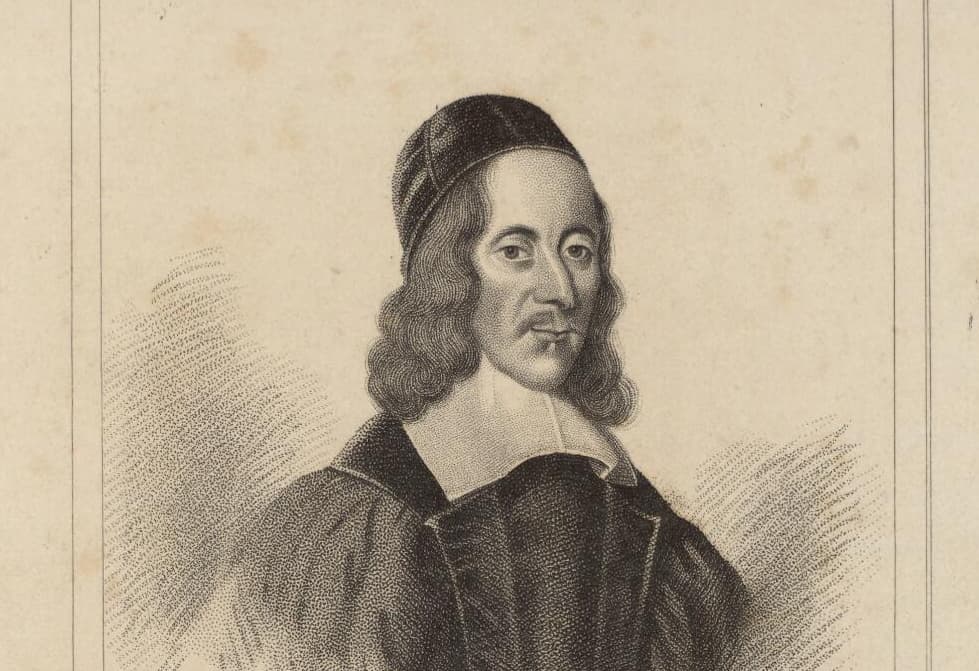Poem of the Day: ‘Lent’
George Herbert’s poetry was hailed by T.S. Eliot for making plain both an individual mind and the mind of an age.

The Christian liturgical season of Lent opens today, on Ash Wednesday. As our Poem of the Day, by the English metaphysical poet and divine George Herbert (1593–1633) declares, “Welcome, dear feast of Lent.”
T.S. Eliot (1888–1965) initially dismissed Herbert as a devotional and therefore a minor poet. Eliot later decided, however, that Herbert’s work, taken as a whole, “comes to reveal itself as a continued religious meditation within an intellectual framework; and . . . discloses to us the Anglican devotional spirit of the first half of the seventeenth century.” In other words, it’s not that Herbert wrote profound devotional poems that raises him to greatness. It’s that the entire body of his poetry makes plain both an individual mind and the mind of an age.
In today’s poem, in aabccb stanzas whose b lines disrupt the general pentameter with trimeter, we can see that mind at work. The speaker not only welcomes Lent as a season and a practice, but proceeds to ruminate on it as an idea. You must love Lent, he says, for if you don’t, then surely you love anarchy instead. If you can’t be actually crucified with Christ, you can at least walk the way of the desert and the cross. You don’t walk alone, for the one who first walked that way walks with you, to “strengthen [your] decays.” Fasting, you feast on spiritual discipline. Among the poor whom Christ feeds, you may number your own soul.
Lent
by George Herbert
Welcome dear feast of Lent: who loves not thee,
He loves not Temperance, or Authority,
But is composed of passion.
The Scriptures bid us fast; the Church says, now:
Give to your Mother, what you would allow
To every Corporation.
It’s true, we cannot reach Christ’s fortieth day;
Yet to go part of that religious way,
Is better than to rest:
We cannot reach our Savior’s purity;
Yet are bid, Be holy ev’n as he.
In both let ‘s do our best.
Who goes in the way which Christ has gone,
Is much more sure to meet with him, than one
Who travels the by-ways:
Perhaps my God, though he be far before,
May turn, and take me by the hand, and more
May strengthen my decays.
Yet Lord instruct us to improve our fast
By starving sin and taking such repast
As may our faults control:
That ev’ry man may revel at his door,
Not in his parlor; banqueting the poor,
And among those his soul.
___________________________________________
With “Poem of the Day,” The New York Sun offers a daily portion of verse selected by Joseph Bottum with the help of the North Carolina poet Sally Thomas, the Sun’s associate poetry editor. Tied to the day, or the season, or just individual taste, the poems will be typically drawn from the lesser-known portion of the history of English verse. In the coming months we will be reaching out to contemporary poets for examples of current, primarily formalist work, to show that poetry can still serve as a delight to the ear, an instruction to the mind, and a tonic for the soul.
